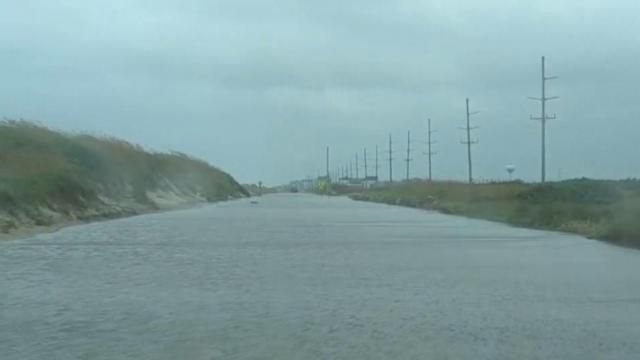North CarolinaLarry Sparrow dreamed of a tranquil retirement when he relocated to Whiteville, a small town in Columbus County. But now, instead of peaceful evenings and mornings, he wakes up to the smell of pig manure from a hog farm across the street, and he’s not keeping quiet.
Downwind From a Billion-Dollar Industry
Sparrow claims that within months of purchasing his house in 2019, the smell from the nearby hog farm grew intolerable. Boy, [the stink] about tore my toenails off while I was in my backyard! North Carolina Health News, he said.
Sparrow, a former manager of wastewater treatment, started recording all unpleasant odors and assigning a number between 1 and 5. He wanted to document his tumultuous existence in the hopes that someone would pay attention.
State Laws Limit Neighbors Rights
Sparrow’s grievances are similar to those of hundreds of rural North Carolinians who have challenged the state’s enormous pig industry throughout the last ten years. Nearly 500 locals filed lawsuits against Murphy-Brown, a Smithfield Foods affiliate, between 2014 and 2019 over annoyances brought on by industrial hog farms.
The North Carolina Farm Act of 2018 (Senate Bill 711) strengthened legal restrictions, despite the plaintiffs’ first victory. Neighbors can now only file a lawsuit if they fulfill certain requirements, such as having property within a half-mile radius and doing so within a year of the farm’s founding.
Punitive damages are not an option, even if they prevail, unless the farm has already received approval.

Hog Waste, Flies, and Failing Infrastructure
Over 9.5 million hogs are produced in North Carolina each year, primarily in the eastern region of the state, which includes Sampson and Duplin counties. More than 10 billion gallons of garbage are produced by these hogs, according to a Nicholas School analysis from Duke University.
The garbage is sprayed on fields and kept in outdoor ponds. However, locals claim it causes unpleasant smells, contaminated groundwater, and even pig feces inside neighboring homes, according to a 2022 study.
Sparrow claims that he and his spouse are no longer able to enjoy their backyard or open their windows. “Your walls get thousands and thousands of flies,” he remarked. Every time my car poops, it practically becomes permanent, so I’ve got to wax it.
Health and Environmental Risks Rising
North Carolina is the third-largest producer of hogs in the country, according to the U.S. Department of Agriculture. Hog farming generated $2.7 billion in cash receipts in 2023, accounting for 16% of the state’s total farm revenue.
However, environmentalists contend that the public health cost is too great. Hog spray exposure over time can raise the risk of cardiovascular disease, and drinking water contamination can result in gastrointestinal disorders such nausea, vomiting, and diarrhea.
The existence of swine DNA in residences close to these farms was verified by a research released in June 2025.

State Response Lags, Residents Feel Ignored
Sparrow claims that not much has changed despite complaining and even writing to Governor Josh Stein. He has not received any follow-up, despite the fact that the Department of Environmental Quality carried out a preliminary examination in May.
According to Cape Fear Riverkeeper Kemp Burdette, that is a typical annoyance. He told NC Health News that until a notice of violation is issued, advocates, neighbors, and landowners cannot obtain any information. It might take months.
Fighting for Change, One Report at a Time
Sparrow files reports and keeps up his regular odor monitoring in spite of the setbacks. He stated that no one should have the power to simultaneously improve my quality of life and enrich themselves.
According to environmental lawyers, his fight is comparable to previous ones but more difficult now because of new state laws that benefit the sector. Sparrow’s perseverance, however, makes it abundantly evident that the struggle for environmental justice in rural North Carolina is far from over.
What do you think will happen to farming in North Carolina near residential areas in the future? Have your neighbors or you encountered similar circumstances? Tell us about yourself at SaludaStandard-Sentinel.com.












